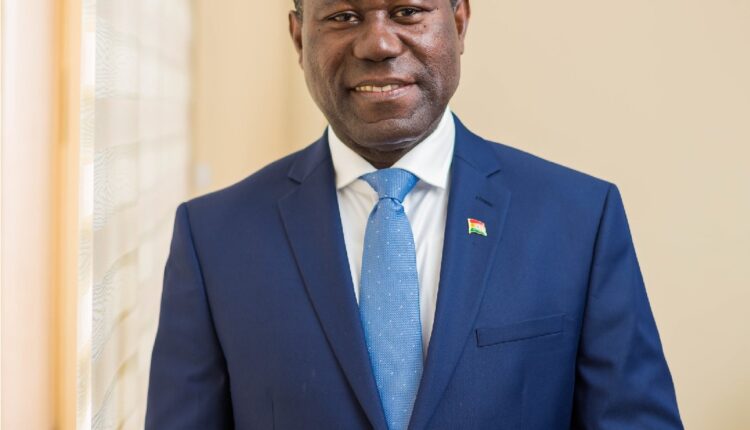Ghana, the world’s second-largest cocoa producer, is reportedly preparing to raise the state-guaranteed price paid to its cocoa farmers by nearly 45% for the upcoming 2024/25 crop season.
This anticipated price hike comes at a crucial time for the global cocoa industry, which is facing a significant supply deficit and increasing demand pressures. The decision is expected to bolster the incomes of Ghanaian cocoa farmers while addressing the growing challenge of bean smuggling out of the country.
The Ghana Cocoa Board (COCOBOD), responsible for marketing the country’s cocoa, is set to increase the farmgate price from ¢33,120 ($2,123.08) per metric ton to ¢48,000 per metric ton. This translates to an increase from GH¢2,070 to GH¢3,000 per 64-kilogram bag of cocoa. The substantial price increase reflects the government’s commitment to supporting cocoa farmers, who play a pivotal role in the nation’s economy.
The proposed price hike follows a 58% mid-season increase earlier this year, which raised the farmgate price to ¢33,120 per metric ton for the remainder of the 2023/24 season. The mid-season adjustment was made in response to a similar move by neighboring Ivory Coast, the world’s top cocoa producer, which raised its farmgate price to 1,500 CFA francs (approximately ¢40 per kilogram) for the April-to-September mid-crop of the 2023/24 season. The coordination between Ghana and Ivory Coast on cocoa pricing and supply is part of a broader initiative to stabilize the global cocoa market and improve farmers’ livelihoods.
Importance
The decision to increase the farmgate price is not only a response to domestic pressures but also a strategic move in the context of global cocoa supply dynamics. The International Cocoa Organization (ICCO) recently raised its global cocoa deficit forecast for the 2023/24 season to 462,000 tons, up from 439,000 tons, highlighting the severity of supply constraints.
Adverse weather conditions and disease outbreaks in both Ghana and Ivory Coast have significantly impacted cocoa production, contributing to a third consecutive year of global cocoa deficits.
For Ghana, raising the farmgate price is seen as a necessary measure to deter smuggling. Low prices and delayed payments to farmers have historically incentivized some farmers and licensed buyers to smuggle beans across the border to Ivory Coast, where prices have been more favorable. By aligning its farmgate price more closely with that of Ivory Coast, Ghana aims to curb this illegal activity, ensuring that its cocoa beans are processed and sold through official channels.
Challenges and Implications
While the price increase is poised to benefit cocoa farmers, it also presents challenges for COCOBOD. One source familiar with the price review process indicated that increasing the price beyond ¢48,000 per ton could push COCOBOD into a deficit, potentially straining the board’s finances.
Given that the cocoa sector is a significant contributor to Ghana’s export revenues, maintaining a balance between fair pricing for farmers and financial sustainability for Cocobod is crucial.
Moreover, the price hike comes at a time when the global cocoa market is experiencing unprecedented pressures. The ICCO has forecasted a 45-year low in the stocks-to-grindings ratio, a key indicator of supply tightness. With global cocoa stocks dwindling and demand continuing to rise, any further disruptions in supply could exacerbate the current deficit, leading to higher prices for cocoa products worldwide.
The final decision on the new farmgate price is expected to be approved by the Ghanaian cabinet before being officially announced. While the sources indicated that it is unlikely the cabinet will alter the price set by the producer price review committee, the timing of the announcement and the commencement of the 2024/25 season remain uncertain.
Initially, COCOBOD planned to launch the new season on September 1, earlier than usual, with a reduced production target of 650,000 tons. However, the opening is now expected to be delayed.
This delay, coupled with the anticipated price increase, may lead to short-term disruptions in the market, as some farmers and buyers have reportedly been hoarding beans in anticipation of higher prices. Nevertheless, the government’s decision to raise the farmgate price underscores its commitment to supporting the cocoa sector, which remains a cornerstone of Ghana’s economy.


Comments are closed.